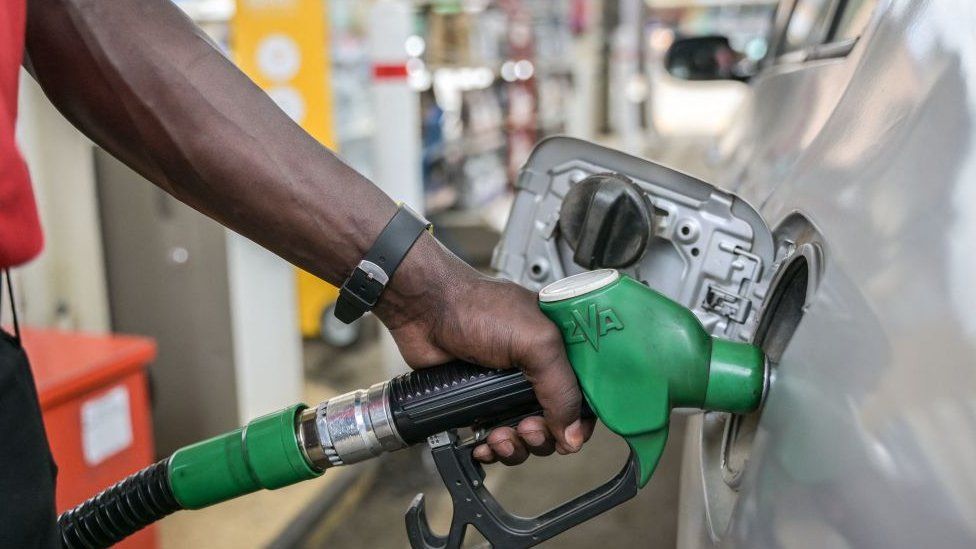-

-
-
Loading

Loading

Kenya and Uganda are currently embroiled in a heated dispute over fuel supplies. In the past, Kenya has acted as the main gateway for supplying oil to East African countries, including Uganda. However, Ugandan President Yoweri Museveni has accused Kenyan middlemen of inflating oil prices, causing a significant loss for his country. He also criticized the Kenyan government for failing to intervene. As a result, the Ugandan parliament has decided to stop relying on Kenyan oil marketing companies for fuel imports. They are seeking more autonomy over their future oil deals. In March, the Kenyan government negotiated a credit deal with international oil companies due to a shortage of US dollars in the country. This arrangement has caused delays in payments to suppliers and has resulted in higher prices for buyers. The deal has faced criticism from opposition leader Raila Odinga, who called it a "mega scam." At the same time, a scandal has emerged in Kenya over the importation of $110 million worth of oil, which is currently the subject of a disputed ownership case. Other East African countries that rely on Kenyan petroleum products, such as Burundi, the Democratic Republic of Congo, Rwanda, and South Sudan, are also expressing dissatisfaction. Kenyan oil industry experts warn that Kenya could lose its dominant position as a supplier in the region if the issue is not resolved. Uganda has already made arrangements with Vitol Bahrain and plans to keep its reserve fuel stocks in Tanzania. With Uganda set to produce its own oil and build a refinery, it aims to provide competitive petroleum products free from the influence of middlemen in the near future. This ongoing dispute will have significant effects on Kenya's economy.